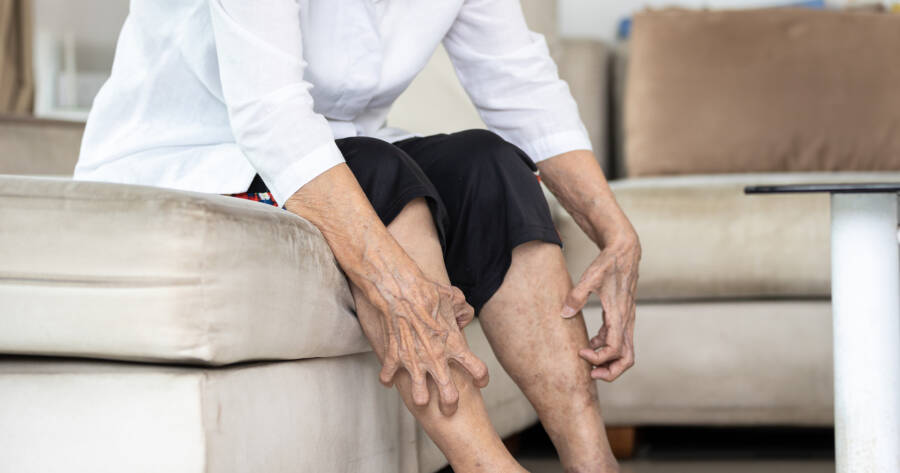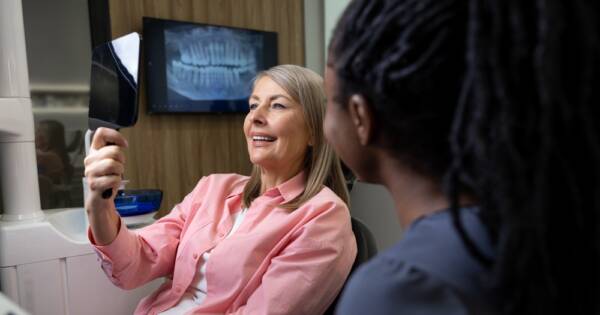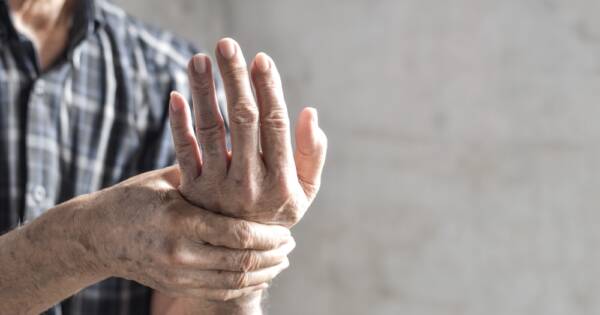Atopic dermatitis, also known as eczema, is a chronic skin condition that can affect individuals of all ages, including seniors. While it’s commonly associated with younger populations, older adults are also at risk of developing or worsening symptoms. It’s important for seniors to recognize the signs of atopic dermatitis early to prevent complications and improve quality of life. Understanding these key symptoms and taking proactive steps can help manage the condition and minimize its impact.
What Is Atopic Dermatitis?
Atopic dermatitis, also known as eczema, is a chronic skin condition characterized by itchy, dry, and inflamed skin. It can appear as red patches, scales, or even oozing blisters. Understanding what atopic dermatitis is and its common symptoms is important because it allows seniors to recognize the signs early on and seek appropriate medical care.
The Impact on Seniors
While atopic dermatitis is often associated with younger individuals, seniors are not immune. Aging skin tends to be drier and thinner, making it more susceptible to irritation and inflammation.
Seniors with compromised immune systems or preexisting health conditions are also at a higher risk of developing complications from untreated dermatitis. The intense itching can interfere with daily activities and may lead to insomnia, stress, and anxiety. This is why it’s essential for seniors to monitor their skin closely and seek medical advice if symptoms arise.
Common Triggers
Atopic dermatitis can be triggered or worsened by several environmental and lifestyle factors. Dry air, harsh soaps, allergens, and stress are common culprits that could exacerbate the condition.
Seniors may also experience flare-ups due to skin sensitivities to clothing materials or changes in climate. Identifying these triggers can help manage the condition more effectively and prevent frequent flare-ups.
Treatment and Management
If you’re experiencing persistent symptoms, it’s essential to consult a dermatologist for a proper diagnosis and treatment plan. Treatments might include prescription topical creams to reduce inflammation and itching, as well as emollients to maintain skin moisture.
In more severe cases, oral medications or light therapy may be prescribed. Seniors should also focus on using gentle skincare products, avoiding harsh soaps, and staying hydrated to reduce dryness.
Preventative Measures
Prevention is key to managing atopic dermatitis effectively. Seniors should adopt a regular skincare routine that prioritizes moisturizing with fragrance-free products, as this could prevent the skin from becoming excessively dry. Wearing soft, breathable fabrics like cotton instead of wool or synthetic materials may also reduce irritation. Additionally, keeping the living environment humidified and avoiding long, hot showers might help minimize dryness and flare-ups.
It is also crucial to address stress, which can worsen symptoms. Seniors may benefit from incorporating relaxation techniques such as meditation or yoga into their routine, as managing stress can lead to fewer flare-ups. Staying aware of potential irritants in the environment—such as certain cleaning products or perfumes—could also reduce exposure to triggers and improve overall skin health.
When to Seek Medical Help
While mild cases of atopic dermatitis can often be managed at home, seniors experiencing severe or worsening symptoms should seek medical attention. Signs that may require professional care include excessively dry, cracked skin, severe itching that interferes with sleep, and the development of pus or blisters, which may indicate infection. Early intervention is essential to prevent complications and to develop an effective, individualized treatment plan.




